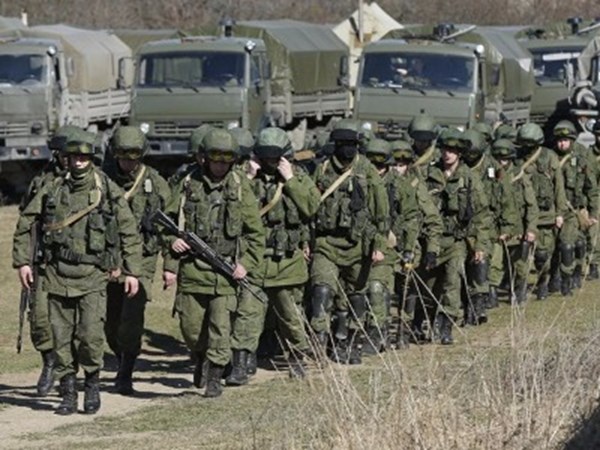Russian Authorities Refuse To Reopen Investigation into Deaths of 159 Servicemen
Employees of the Main Military Prosecutor's Office, who oversaw the inspections and criminal cases on the death of 159 soldiers in the period from 1 January 2014 to 30 July 2015, did not reveal any violations of the law. They confirmed the legality of the decisions taken. This was the official reply of Major General Justice Maxim Toporikov, Russia’s Chief Military Prosecutor to Human Rights Council President Sergey Krivenko.
"The circumstances of the death of Russian servicemen specified in your appeal were inspected legally, in the manner prescribed by criminal procedure law. The legitimacy of the decisions made has been verified. Grounds for a re-investigation have not been found," wrote Toporikov.
The prosecutor’s office also emphasized that supervising authorities found no violations of human rights or social guarantees against the families of servicemen killed in the line of duty.
Krivenko appealed to the committee last December with a list of names of dead soldiers—the result of independent research that he conducted. The list included 98 servicemen whose deaths had not been verified or investigated by any agency. The majority of them died in the period from August to September 2014.
In an interview with RBC, Krivenko called the deaths in the second half of 2014 anomalous. During those six months, the Russian army lost at least 108 people—68% of the total casualties in the last 18 months. In 80% of the
Casualty reports peaked in the late summer and early autumn of 2014. In September of 2014, RBC sent an appeal with a list of more than ten servicemen from five military units to the Ministry of Defense with a request to explain their deaths and possible participation in military operations in the Donbass. However, the agency has not responded. At the same time, federal TV
According to Krivenko, the most important thing for human rights defenders is to observe the rights of the military and their families by conducting an objective investigation into the circumstances of their deaths, and if necessary, to bring the perpetrators to justice. In his appeal, Krivenko refers to the recommendations of the Council of Europe's Committee of Ministers to military rights defenders, adopted in 2010.
